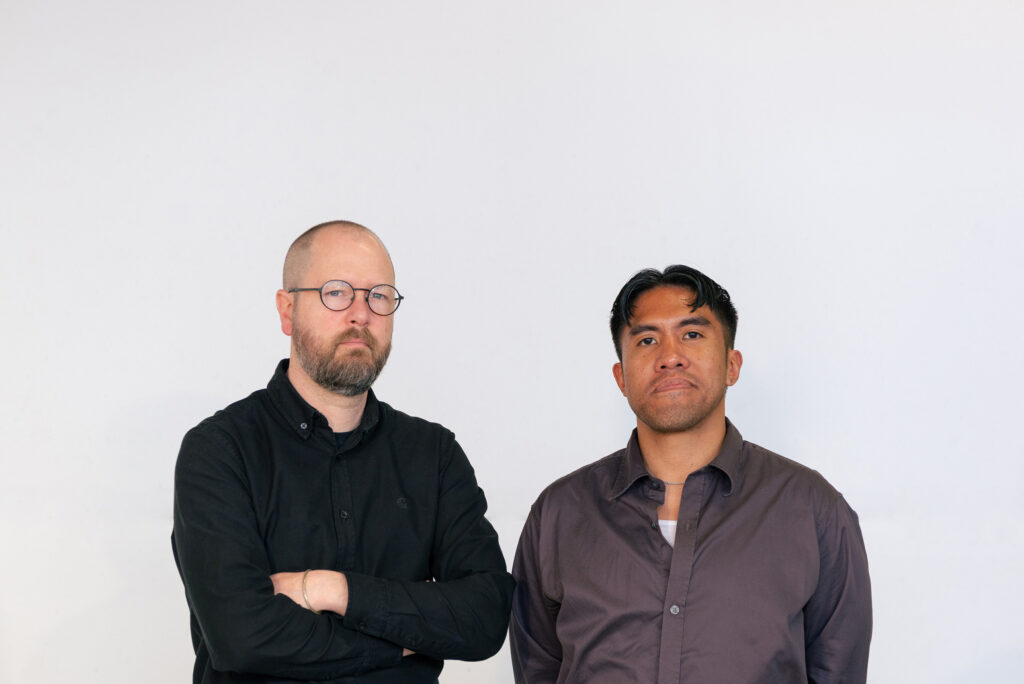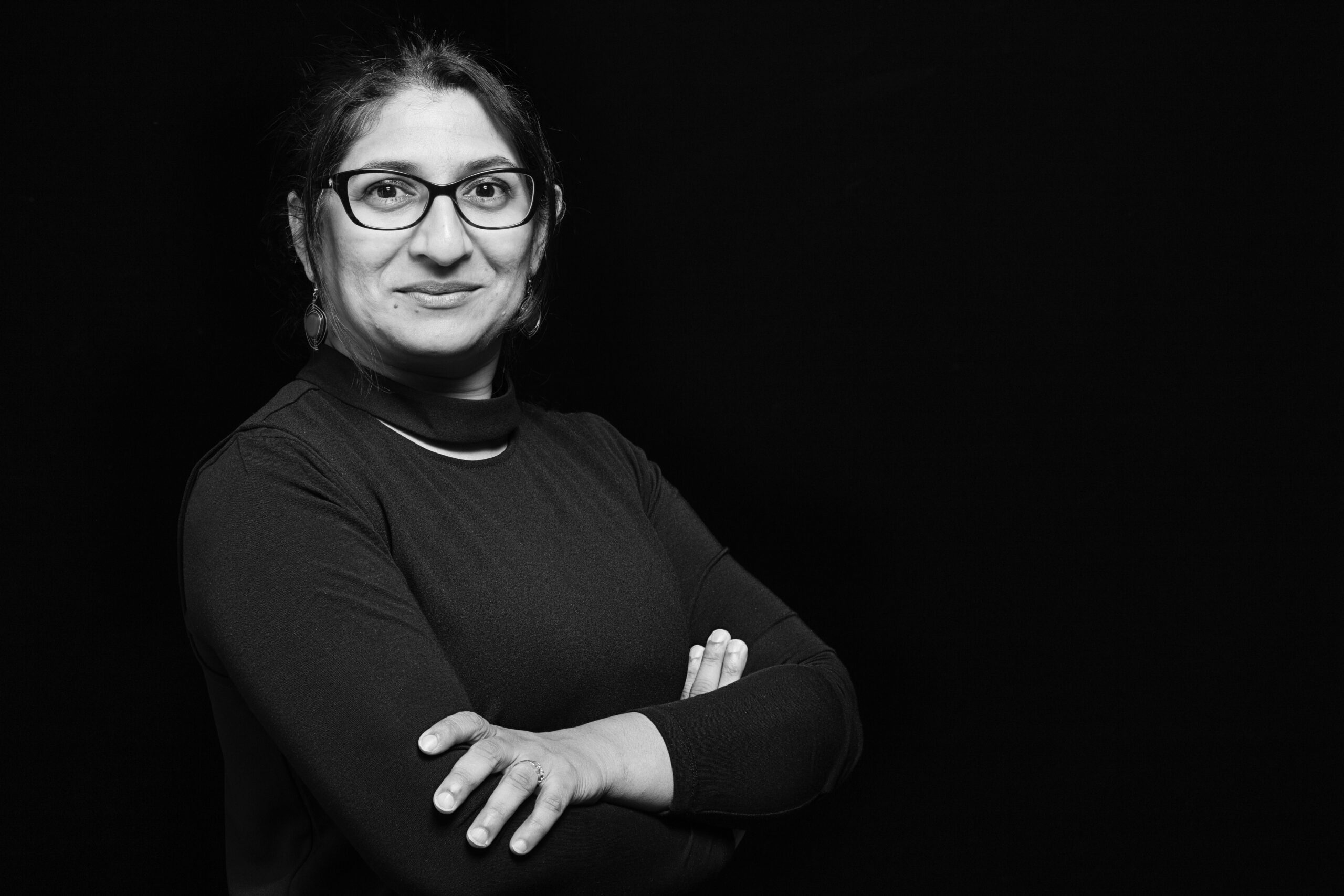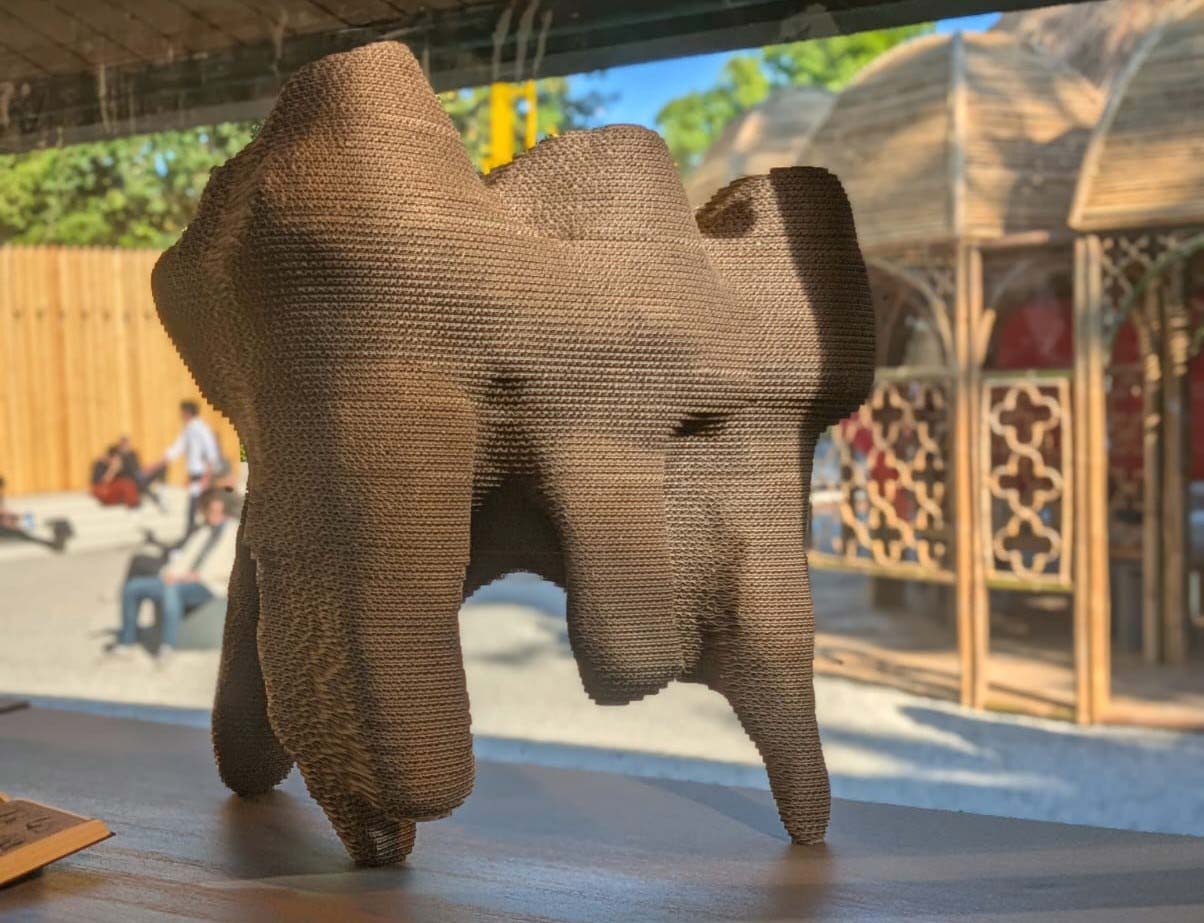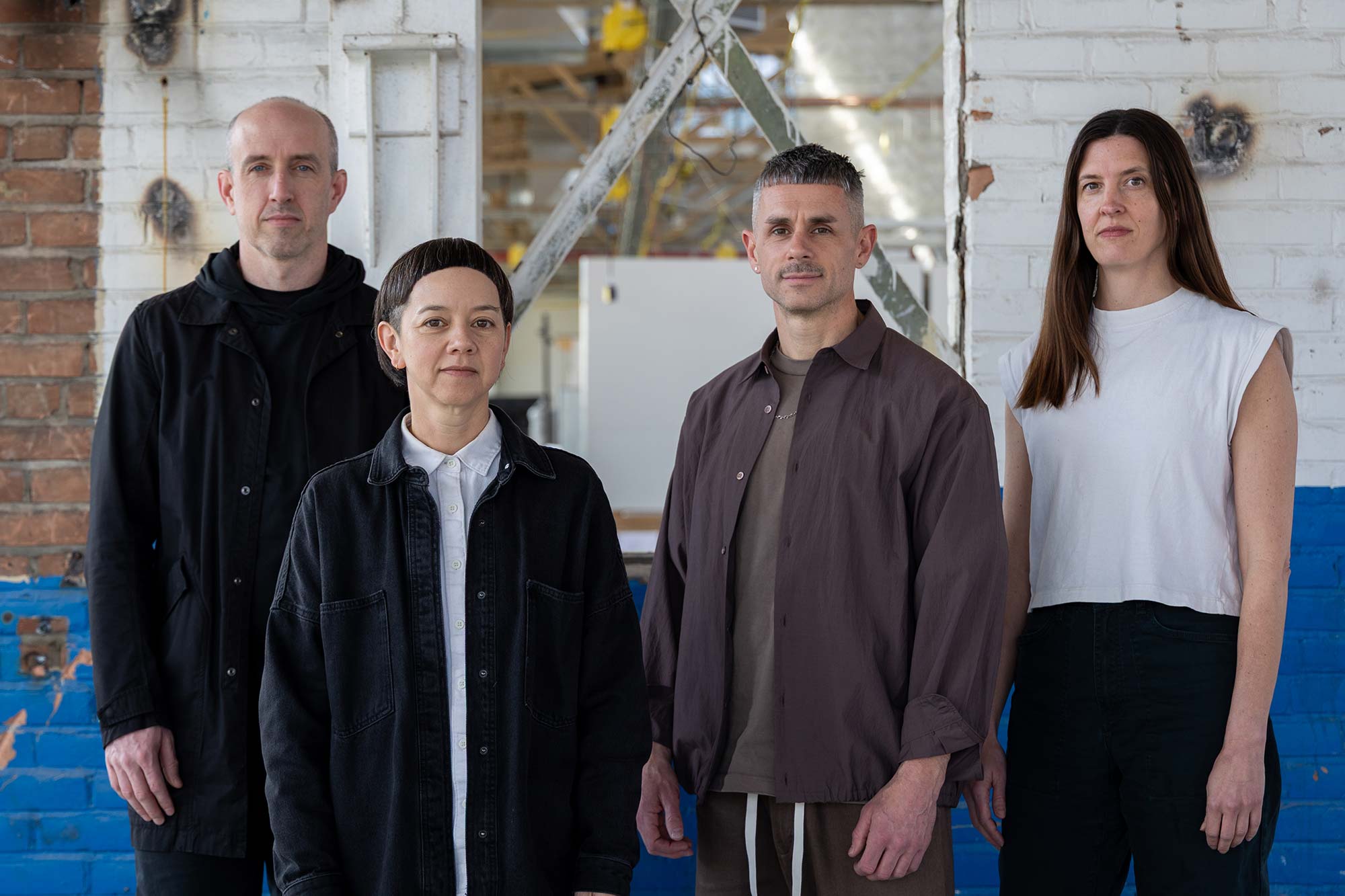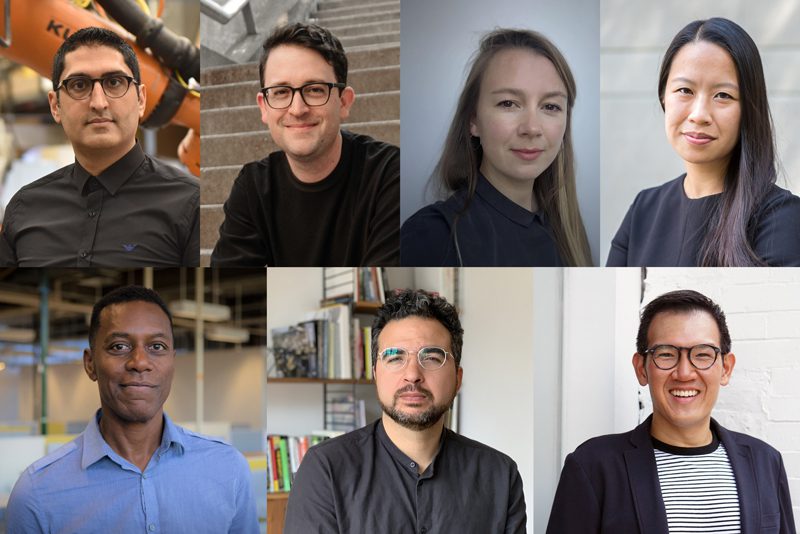
Taubman College Welcomes New Faculty
Taubman College welcomes three new faculty members for the 2020–2021 academic year, as well as four who are continuing with the college in new roles. With their diversity of experience and perspectives — including accomplishments in architectural design, strategy design, and urban technology — these new faculty expand Taubman College’s expertise in research and practice and further fuel its experimental culture. Several of these incoming faculty focus on technology in different ways, thereby deepening and extending Taubman College’s capacities through gaming and critical coding, as well as data- and technology-based design and planning.
“These new members of the Taubman College community combine virtuosity as makers with critical engagement in the politics of technology,” said Dean Jonathan Massey. “We are thrilled to welcome them as teachers, colleagues, and collaborators in the work of pushing our professions forward.”
New Faculty
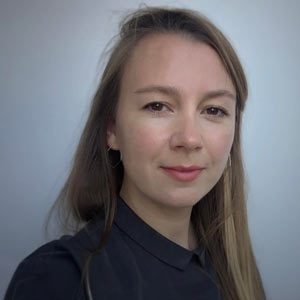 Catherine Griffiths, joins the college as an assistant professor of architecture and digital studies. She is a media artist, designer, and researcher exploring critical code and algorithmic aesthetics in the context of machine learning ethics. By creating simulations, short films, and software applications, her hybrid practice-theory-based creative research attempts to make palpable invisible computational forces that shape power and social dynamics. Drawing on the legacy of generative art, the recent rise in artificial intelligence, and critical theory, she contributes to emerging arts knowledge. Previously, she has worked for architecture, engineering, and arts organizations on visualization projects and technology pilot studies. She holds a joint appointment with the Digital Studies Institute at the University of Michigan’s College of Literature, Science, and the Arts.
Catherine Griffiths, joins the college as an assistant professor of architecture and digital studies. She is a media artist, designer, and researcher exploring critical code and algorithmic aesthetics in the context of machine learning ethics. By creating simulations, short films, and software applications, her hybrid practice-theory-based creative research attempts to make palpable invisible computational forces that shape power and social dynamics. Drawing on the legacy of generative art, the recent rise in artificial intelligence, and critical theory, she contributes to emerging arts knowledge. Previously, she has worked for architecture, engineering, and arts organizations on visualization projects and technology pilot studies. She holds a joint appointment with the Digital Studies Institute at the University of Michigan’s College of Literature, Science, and the Arts.
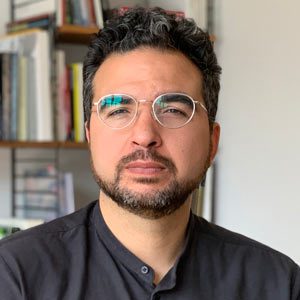 Jose Sanchez joins the college as an associate professor of architecture. He brings expertise in extended reality, virtual environments, and computational learning. In his game design work and his forthcoming book Architecture for the Commons, Sanchez leads the discipline in both producing and reflecting on online games as tools for learning about and engaging in urban design and planning. He uses gaming as a platform for collaborative design supporting emergent urbanism rather than top-down master planning. Sanchez’s research has won awards from ACADIA and other leading peer review forums, and his game Block’hood has won gameplay and social impact awards.
Jose Sanchez joins the college as an associate professor of architecture. He brings expertise in extended reality, virtual environments, and computational learning. In his game design work and his forthcoming book Architecture for the Commons, Sanchez leads the discipline in both producing and reflecting on online games as tools for learning about and engaging in urban design and planning. He uses gaming as a platform for collaborative design supporting emergent urbanism rather than top-down master planning. Sanchez’s research has won awards from ACADIA and other leading peer review forums, and his game Block’hood has won gameplay and social impact awards.
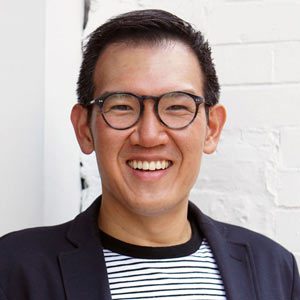 Anthony Vanky joins the college as an assistant professor of urban and regional planning. Previously, he was a founding team member and the first academic programs manager of MIT designX, an academic accelerator at the Massachusetts Institute of Technology (MIT) that is dedicated to advancing innovation and entrepreneurship in design, cities, and the built environment. He was also a research lead at the MIT Senseable City Lab. Vanky’s own research considers the use of digital data and pervasive sensing technologies to design, plan, and evaluate urban environments, and spans the disciplines of urban design, urban technologies, innovation studies, and public health. He also is co-founder of Social Studies, a multidisciplinary strategic consulting and research and analytics firm that offers innovative perspectives on 21st century cities to government, businesses, and nonprofits.
Anthony Vanky joins the college as an assistant professor of urban and regional planning. Previously, he was a founding team member and the first academic programs manager of MIT designX, an academic accelerator at the Massachusetts Institute of Technology (MIT) that is dedicated to advancing innovation and entrepreneurship in design, cities, and the built environment. He was also a research lead at the MIT Senseable City Lab. Vanky’s own research considers the use of digital data and pervasive sensing technologies to design, plan, and evaluate urban environments, and spans the disciplines of urban design, urban technologies, innovation studies, and public health. He also is co-founder of Social Studies, a multidisciplinary strategic consulting and research and analytics firm that offers innovative perspectives on 21st century cities to government, businesses, and nonprofits.
Faculty Assuming New Roles
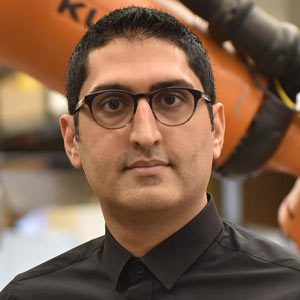 Arash Adel is now an assistant professor of architecture. He first joined Taubman College in 2019 as a postdoctoral fellow. Adel is a leader in moving fabrication and computational work within academic research toward impacts on the building industry. His research as a doctoral student at ETH Zürich, where he contributed to the widely published DFab House, continued during his time here as a Taubman Fellow, addresses complex robotic timber framing processes, augmented reality construction methods, and comprehensive computation methods for building design.
Arash Adel is now an assistant professor of architecture. He first joined Taubman College in 2019 as a postdoctoral fellow. Adel is a leader in moving fabrication and computational work within academic research toward impacts on the building industry. His research as a doctoral student at ETH Zürich, where he contributed to the widely published DFab House, continued during his time here as a Taubman Fellow, addresses complex robotic timber framing processes, augmented reality construction methods, and comprehensive computation methods for building design.
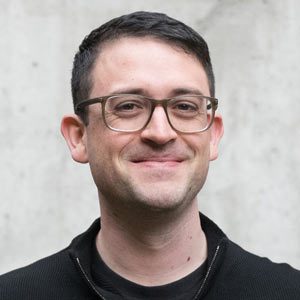 Bryan Boyer is now an assistant professor of practice in architecture and the director of the Bachelor of Science in Urban Technology program, which is launching next summer. Boyer first joined Taubman College in 2019 as the Eliel Saarinen Visiting Assistant Professor of Practice. He is cofounder of the architecture and strategic design studio Dash Marshall, where he runs the studio’s strategic design practice, working with clients to understand and envision the ways in which technology enables urban ways of life. Previously Boyer was cofounder of Helsinki Design Lab, a design team within the Finnish Innovation Fund with a focus on policy issues such as carbon reduction, education, welfare services, and economic development.
Bryan Boyer is now an assistant professor of practice in architecture and the director of the Bachelor of Science in Urban Technology program, which is launching next summer. Boyer first joined Taubman College in 2019 as the Eliel Saarinen Visiting Assistant Professor of Practice. He is cofounder of the architecture and strategic design studio Dash Marshall, where he runs the studio’s strategic design practice, working with clients to understand and envision the ways in which technology enables urban ways of life. Previously Boyer was cofounder of Helsinki Design Lab, a design team within the Finnish Innovation Fund with a focus on policy issues such as carbon reduction, education, welfare services, and economic development.
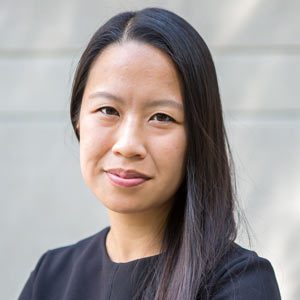 Ann Lui is now an assistant professor of practice in architecture. She first joined Taubman College in the winter 2020 semester as a visiting assistant professor. Lui is the founding principal of Future Firm, a Chicago-based architecture and design research practice. Her work focuses on spaces of collectivity and the role of architecture in producing and intervening in paradoxical conditions of belonging. Future Firm designs spaces for clients who are changemakers in their own communities. The practice spans diverse scales including residential, commercial, and cultural buildings and urban and civic speculations.
Ann Lui is now an assistant professor of practice in architecture. She first joined Taubman College in the winter 2020 semester as a visiting assistant professor. Lui is the founding principal of Future Firm, a Chicago-based architecture and design research practice. Her work focuses on spaces of collectivity and the role of architecture in producing and intervening in paradoxical conditions of belonging. Future Firm designs spaces for clients who are changemakers in their own communities. The practice spans diverse scales including residential, commercial, and cultural buildings and urban and civic speculations.
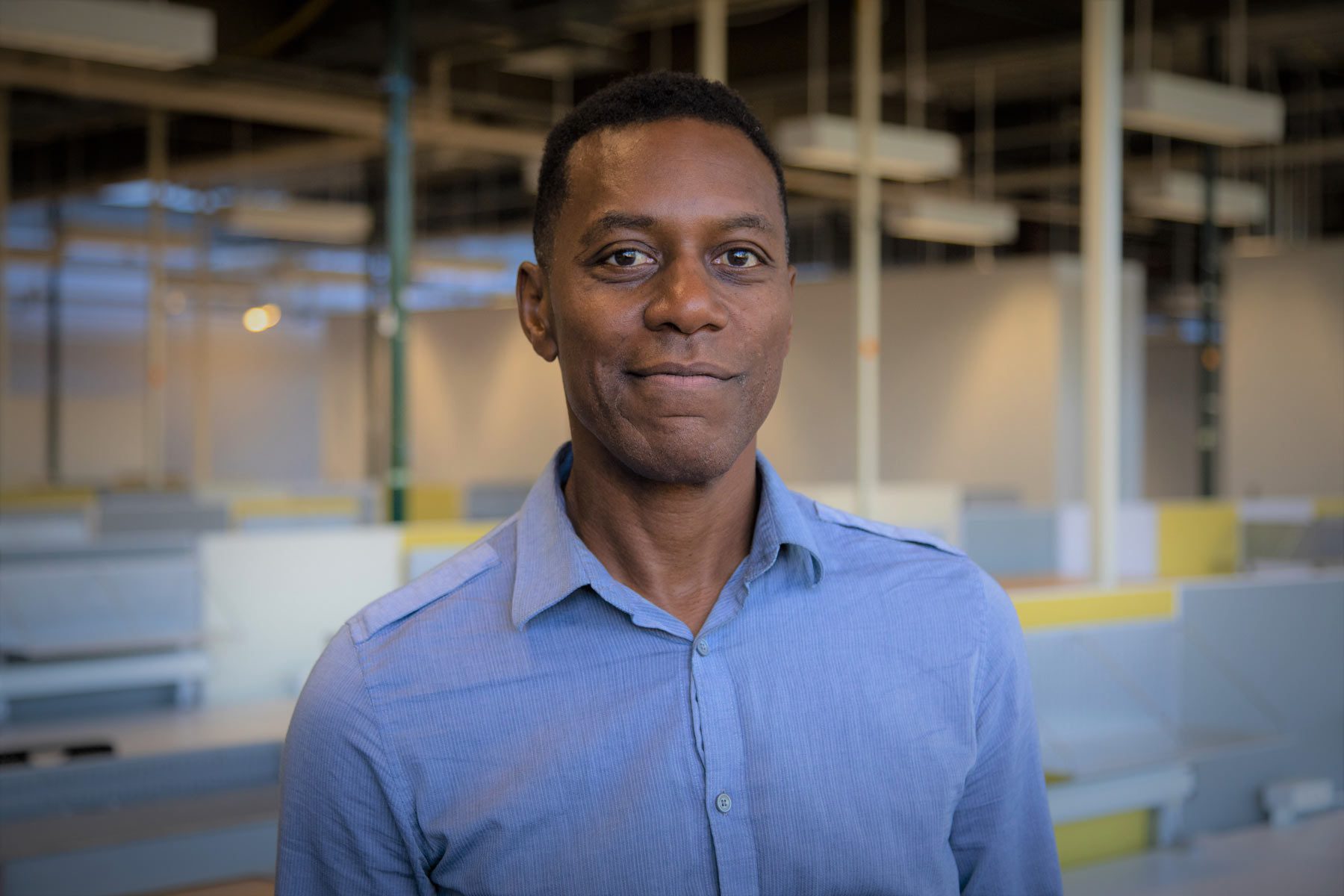 Marc Norman is now director of real estate initiatives, in addition to his role as associate professor of practice in urban and regional planning. In his new role, he oversees Taubman College’s graduate certificate in real estate and its new real estate minor for undergraduates. Norman is an internationally recognized expert on policy and finance for affordable housing and community development. Trained as an urban planner, he has worked in the field of community development and finance for more than 20 years. With his experience in for-profit and nonprofit organizations, consulting firms, and investment banks, Norman has worked collaboratively to develop or finance more than 2,000 units totaling more than $400 million in total development costs.
Marc Norman is now director of real estate initiatives, in addition to his role as associate professor of practice in urban and regional planning. In his new role, he oversees Taubman College’s graduate certificate in real estate and its new real estate minor for undergraduates. Norman is an internationally recognized expert on policy and finance for affordable housing and community development. Trained as an urban planner, he has worked in the field of community development and finance for more than 20 years. With his experience in for-profit and nonprofit organizations, consulting firms, and investment banks, Norman has worked collaboratively to develop or finance more than 2,000 units totaling more than $400 million in total development costs.





